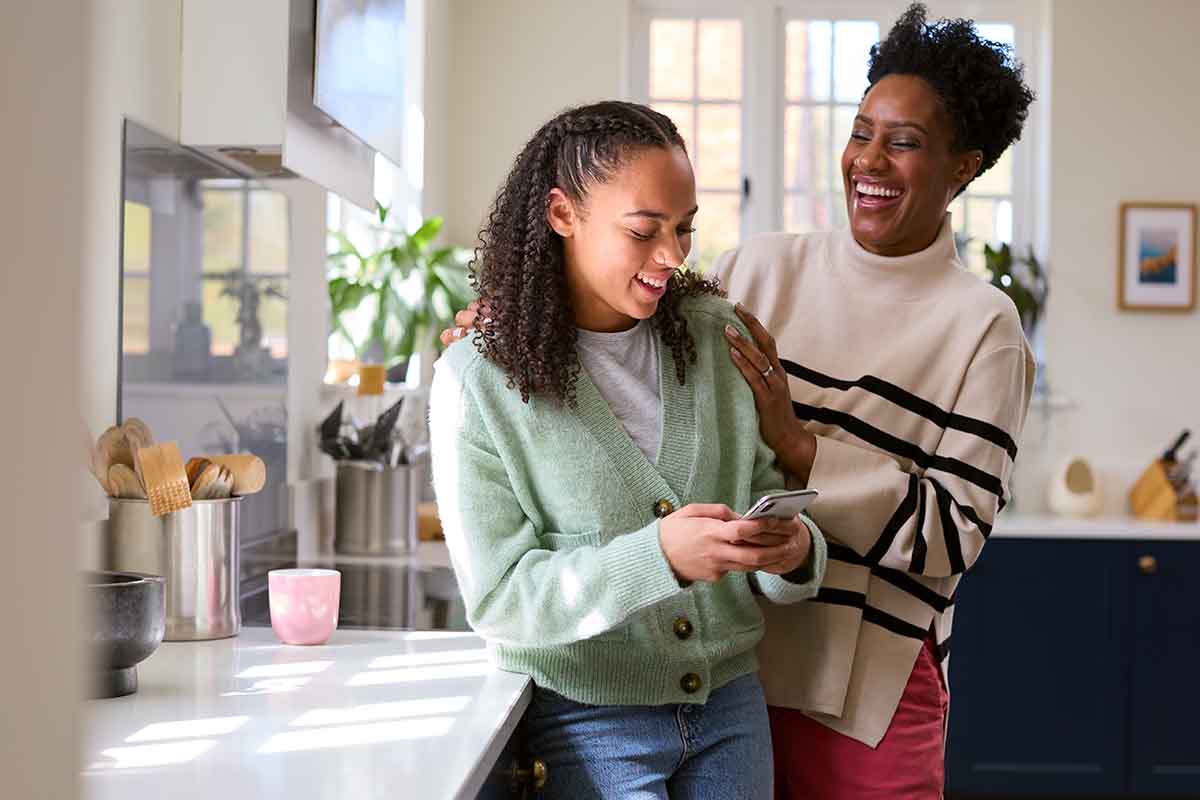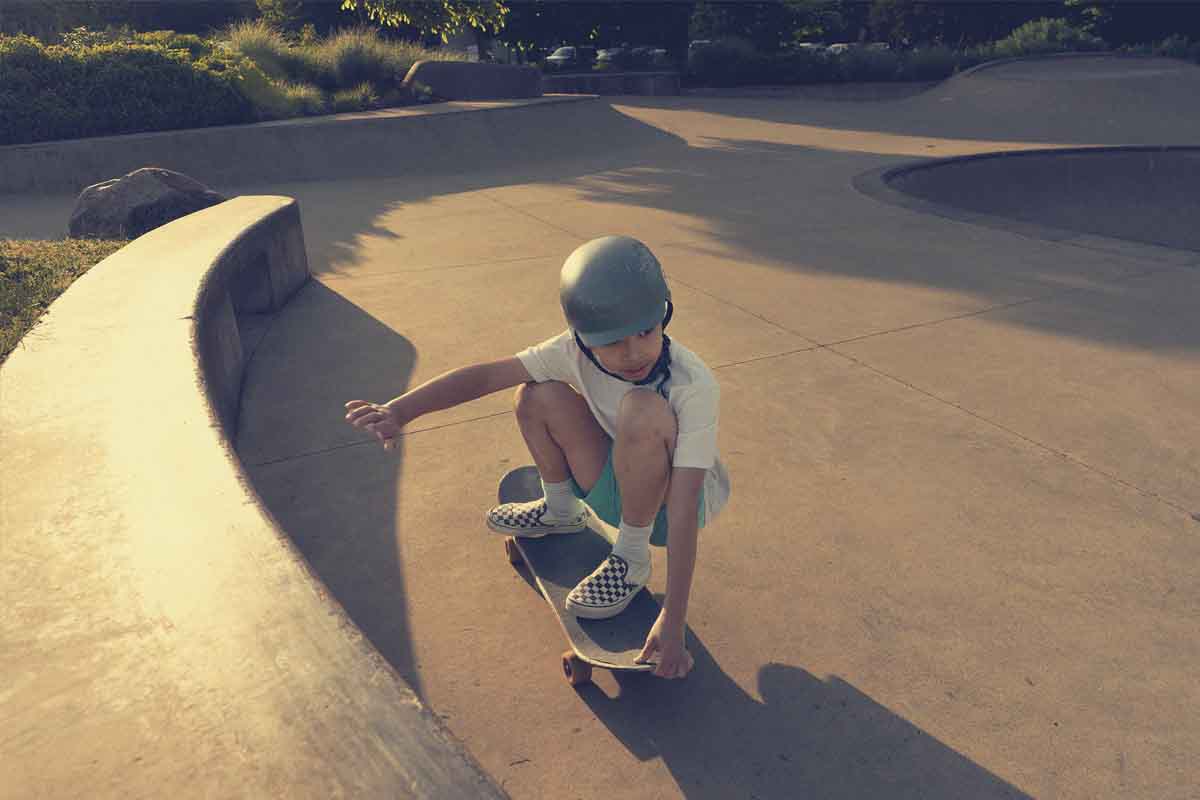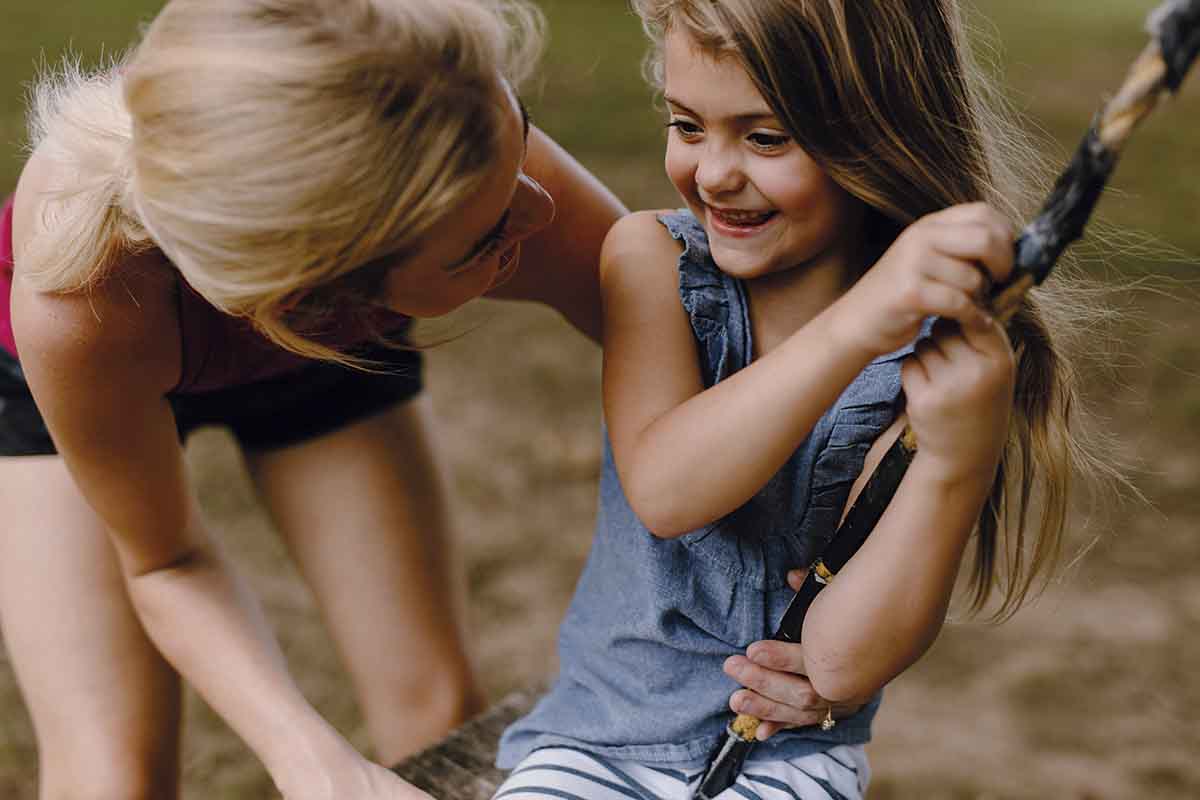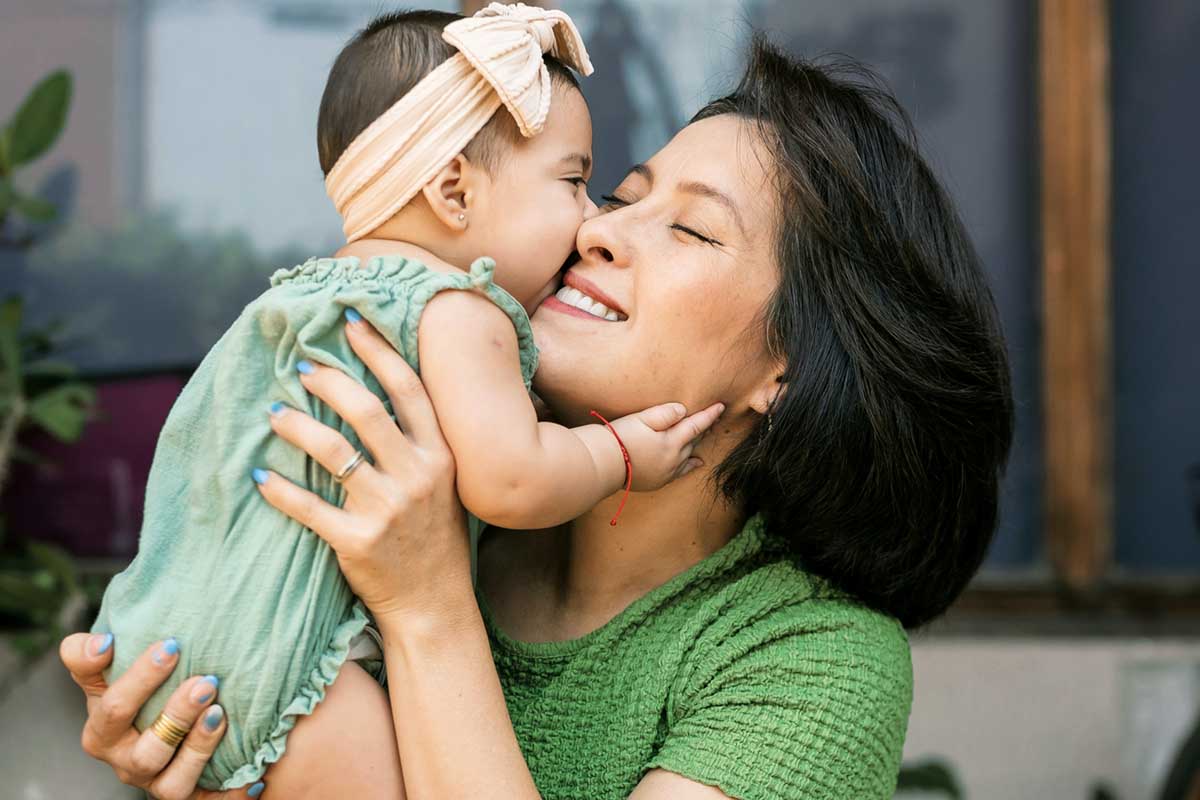Advertisement
Goodbye, Diapers
Susan is getting increasingly frustrated about toilet training her two-year-old son. Her friend’s children were out of diapers by 18 months, yet even though she and her son spend a lot of time together in the bathroom, he still needs diapers most of the time. Susan wonders if she is doing something wrong. Many parents … Continued
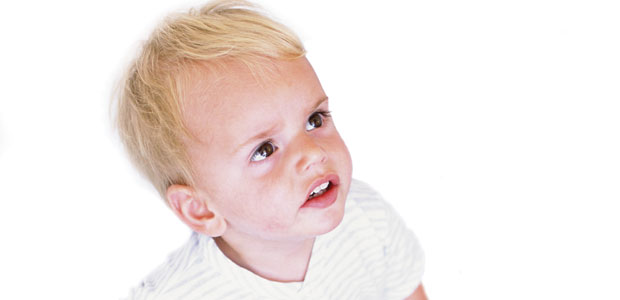
Susan is getting increasingly frustrated about toilet training her two-year-old son. Her friend’s children were out of diapers by 18 months, yet even though she and her son spend a lot of time together in the bathroom, he still needs diapers most of the time. Susan wonders if she is doing something wrong.
Many parents find toilet training a challenge. No hard and fast rules say that learning to flush has to start at two years–most children master the toilet by the age of three.
Respected potty coach Jan Faull, author of Mommy! I Have to Go Potty! (Parenting Press, 1996), shares this advice: “When I work with parents, everyone starts at the same place and everybody, of course, ends at the same place. How they get there is different for every parent and child.”
Easy Does It
When you feel your child is ready, gradually move into a positive potty training routine. Begin to bring her into the bathroom and talk about what you are doing. Let her flush the toilet for you.
Buy a potty chair, and begin to show her the bathroom routine.
Books, DVDs, and play potty training with dolls all can be helpful. You want to teach your child that using the toilet is a normal part of the day.
Don’t Be a Flushing Flunky
The last thing you want to do is make the potty seat a throne of contention between you and your child. Set a tinkle timetable and keep your patience–and your humour.
Like Susan, don’t worry about competing with the toilet habits of your friends and their babies.
Keep in mind that toilet training is a learning process for both of you. As with many other challenges you will face, your child needs to know that you are in it together.
Signs That Your Child is Ready
- Expresses an interest in the potty or underwear.
- Stays dry overnight and for about two hours in the daytime.
- Bowel movements are predictable.
- Body language indicates when diapers are dirty.
Tear-free Toilet Training Tips
- Your child’s first potty chair should be low to the ground so that his or her feet touch the floor.
- Place your child on the potty chair at the same time each day.
- Encourage your child to tell you when he or she needs to go.
- When your child does go in the potty, be sure to reward. Hugs, praise, or small rewards–not candy–all help to reinforce the behaviour.
- Expect mistakes. If an accident occurs, simply clean up and encourage your child to keep trying.
- When your child has been successful a few times, consider buying cotton underwear printed with a favourite cartoon character. Your child will want to keep them clean.

